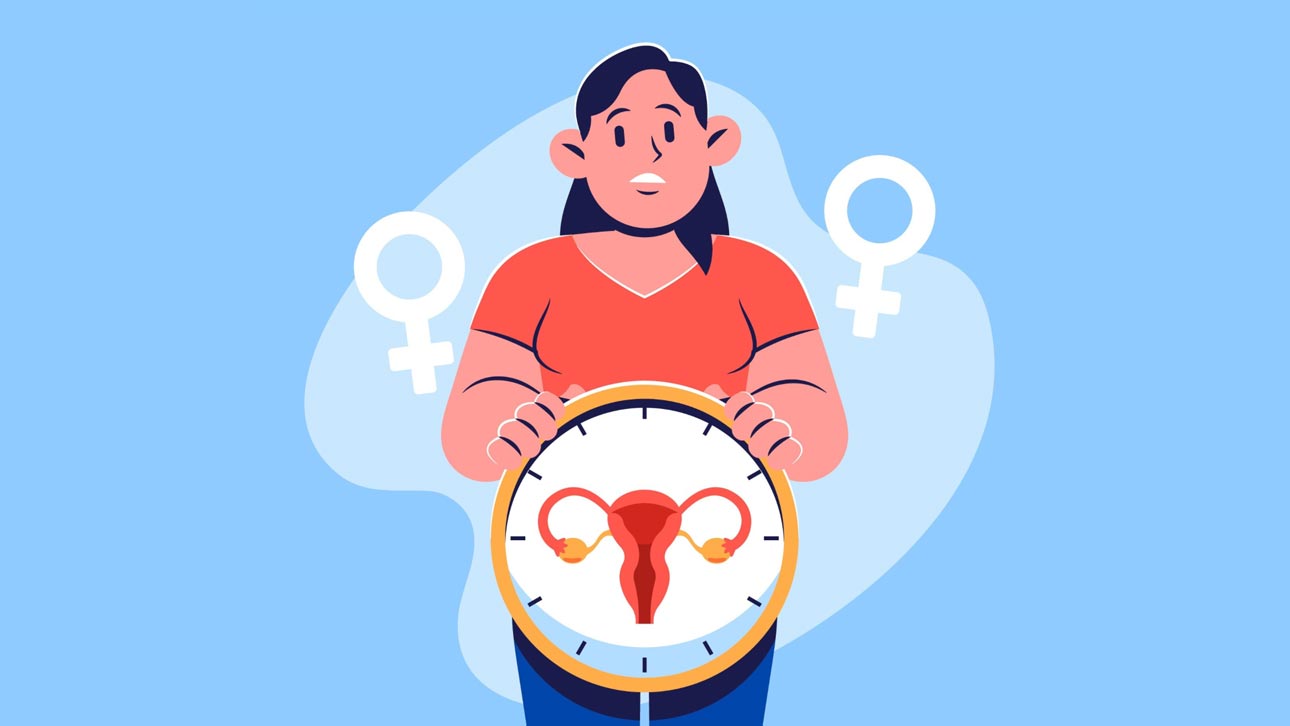When women go through menopause, estrogen levels naturally decline—and that shift impacts more than just hot flashes or mood swings.
Estrogen plays a significant role in how your body handles calcium—in your bones, blood, and, ultimately, your urine.
Here’s what’s happening:
- Estrogen helps your bones hold onto calcium. When estrogen drops, your bones can break down more quickly.
- That breakdown releases extra calcium into your bloodstream, which your kidneys must then filter.
- That excess ends up in your urine—and too much urine calcium is a significant risk factor for calcium-based kidney stones.
This change is normal, but it means your kidneys are working with a new set of equations. Without adjusting your prevention habits, stones can sneak up on you—even if you’re doing what’s always worked for you before.
You’re not broken. You’re not failing. Your body is just changing—and asking for more support.
What About Hormone Replacement Therapy (HRT)?
Many women are prescribed HRT to manage menopausal symptoms like hot flashes, bone loss, sleep disruption, or vaginal dryness. But most patients I work with aren’t quite sure what HRT is—or how it fits into their kidney stone plan.
Here’s what you should know:
- HRT replaces the hormones—mainly estrogen—that your body stops making during menopause.
- There are many types of HRT: oral pills, skin patches, gels, sprays, vaginal rings, and more.
- Some treatments include only estrogen; others combine estrogen with progesterone, especially for women who still have a uterus.
- One of the most common forms—oral estrogen pills—has been shown to slightly raise urine calcium levels, which may increase kidney stone risk by about 21% in some women.
But here’s the thing: not all HRT is created equal. And not everyone responds the same way. That’s why it’s essential to consult your doctor.
They’ll help you consider the following:
- Your symptoms
- Your personal and family health history
- Your bone density and risk of osteoporosis
- Any history of kidney stones
- What delivery method might be safest and most effective for you
You don’t have to figure this out alone. Your job is to speak up. Your doctor’s job is to walk you through it. And no matter what you and your provider decide, one thing remains true: you need a prevention plan that supports your bones and kidneys. That’s where the Kidney Stone Diet® comes in.
What to do:
- Get your calcium from food whenever possible
- Stay hydrated. Water is your best defense. Learn how much you really need here:
- Lower oxalate
- Lower sodium
- Lower sugar
- Discuss with your doctor the safest hormonal treatment for your body and your goals.
Consider a 24-hour urine test to see how your body is handling calcium, fluids, and more. It’s the most critical test for understanding why you formed a stone—and how to stop the next one:
Your friend,
Nurse Jill
PS: I don’t give guidance on hormone therapy—so please direct those questions to your doctor. But if you need help with kidney stone prevention during this stage of life, I’ve got you covered.














Leave a Reply